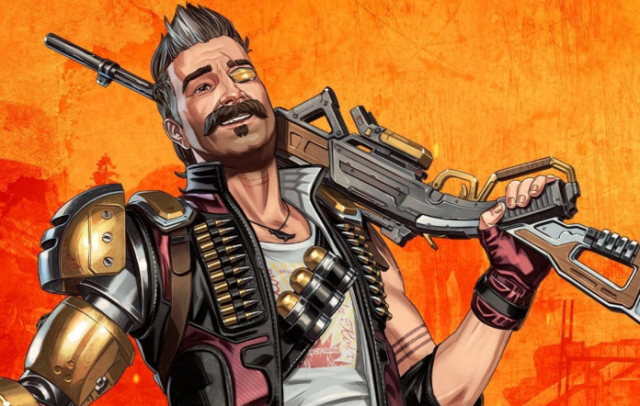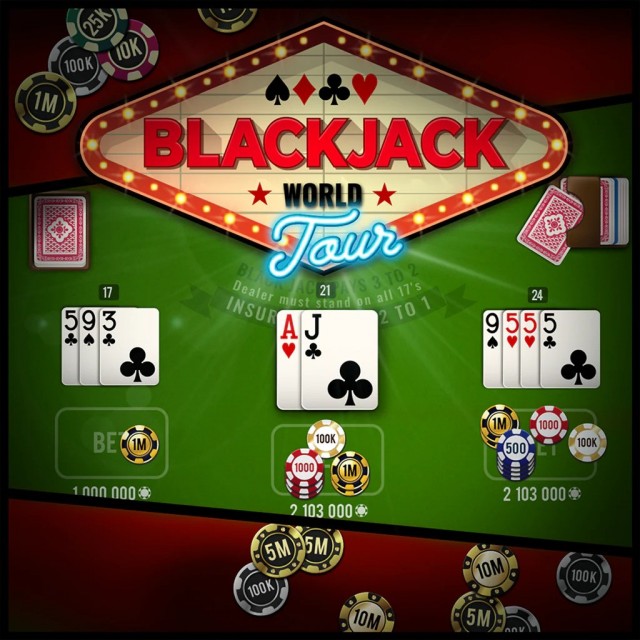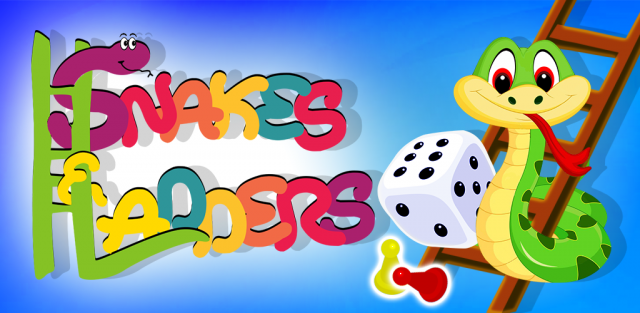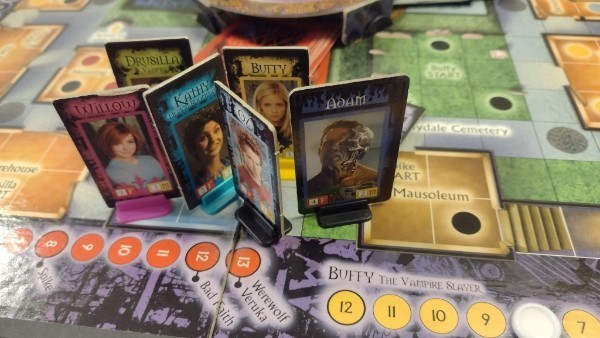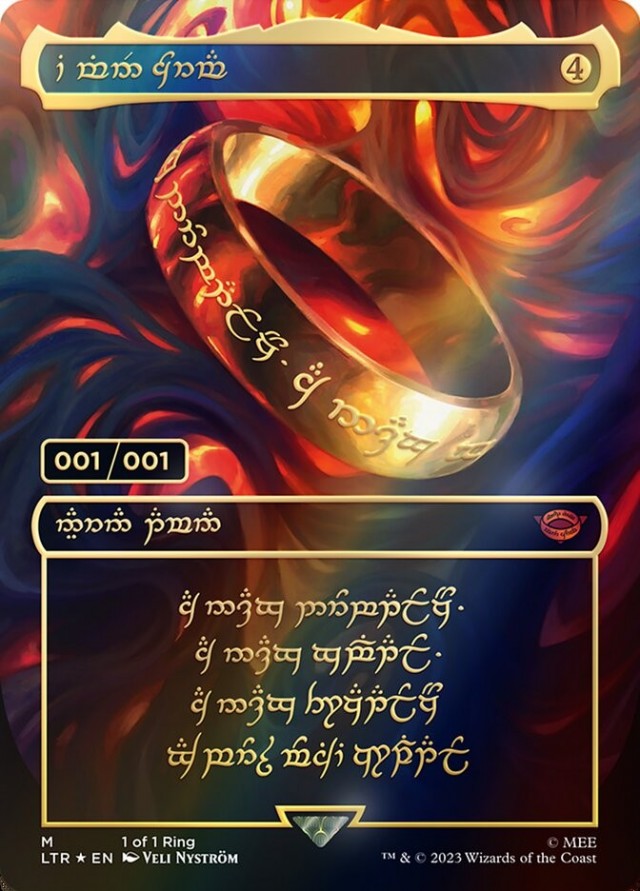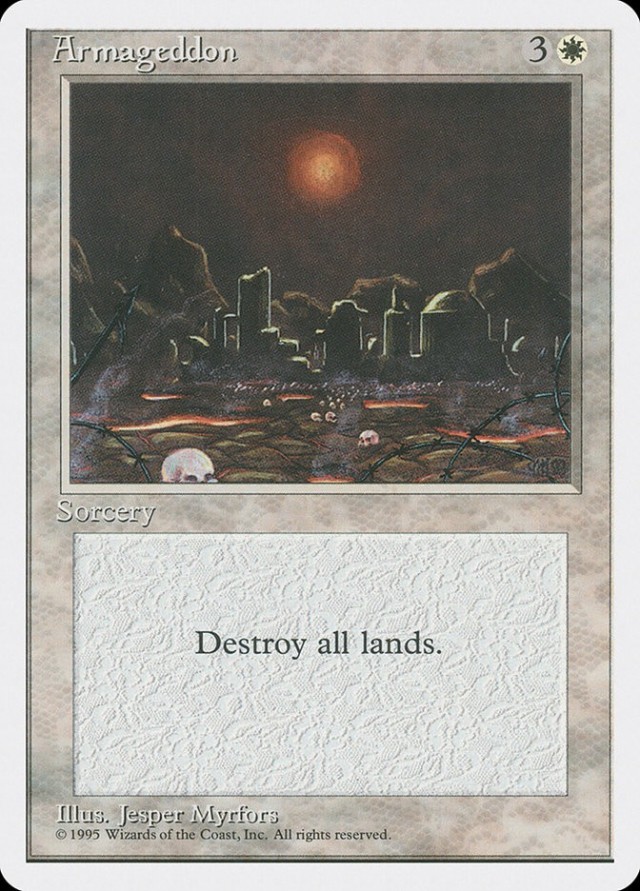Randy muses on the lack of right and wrong in tabletop design.
I recently got to chat and present Scoundrels to UC Santa Cruz's 'Games and Playable Media MS Program'. One of the things I pointed out was that, unlike the much more closed systems of a video game, a tabletop game usually puts the systems directly into the hands of the player. And when you design a game, a lot of decisions are just decisions, not right and wrong, but better for this or better for that.
In a video game, when you make a decision, the arduous next part is making sure it literally doesn't break your game. That your game does not crash to desktop, or do something super super weird.
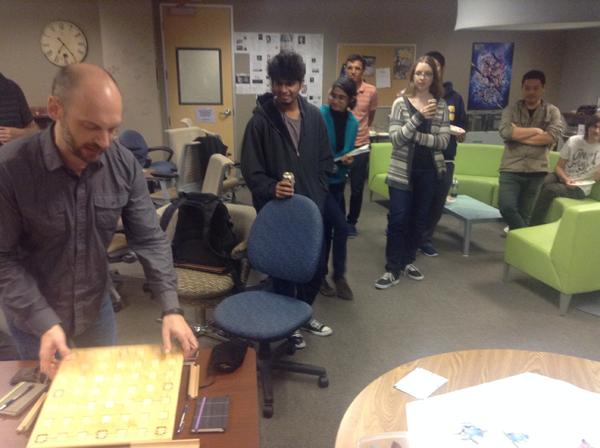
(Stone Librande showing some of the many games he made once a year for his children as they grew up.)
One of the interesting elements of tabletop design, is that your game always "functions". Board games are closer to the concept of "play" than video games. "Hey, do the Gambler card [where you have a chance of doubling or losing Infamy] and Wench card [where you get bonus Infamy] overlap?" If I don't write down the answer or it's not clear, you as the player can and should just make a decision. In a video game you might be up a creek, as that overlap could crash the game or neither could work or maybe they do just work. But broken-ness in tabletops can be a sign of more shades of gray and an opportunity for more player storytelling and creativity.
The idea of talking out a solution is a really interesting design space that I'd like to explore some day. I love how RPGs explore this discussion and debate space, but I'm also scared of it because I'm terrible at debate and improvisation. Thus, as a designer, I generally try to design simpler more cohesive systems.
I had health 'tokens' and recently tried an alternate solution with a health dial that you tick down. The dial has fewer pieces, but it's a bit bigger and clunkier. I'm going to try something different real soon and give you cannonball tokens if you get shot. You'll receive rather than lose. I prefer the idea of being hurt and numbers going down. It feels more dramatic, versus an arbitrary number of cannons sinks you. Zero feels more conclusively dead. Why do four cannonballs sink you, but not three, or five. On the flip side, when people lose tokens, they often wonder how they might reclaim them. And players assume they lose health in more cases than actually occurs. By changing the token to a cannonball, it will hopefully be clear you only receive it when shot.
In Scoundrels right now, ties are a push. No one is hurt, everyone just sails away empty-handed. Next game I'll be testing how it plays if, in the case of a tie, both players receive their rewards and take associated losses. Neither pushes or two-way successes are 'wrong'.
When ties push and all the cards go away without win or loss, it creates a pause, a lull, which I personally find refreshing in a game built on aggression. But the game is longer than some players want. If I change ties to result in the dramatic chaotic outcome, there will be more damage dealt, resulting in an earlier end to the game. But it also shifts pacing and reduces the likelihood of a defender surviving or holding on to Treasure. But it also gives them a positive outcome at the same time, as maybe they'll hurt the attacker, or will get to move somewhere.
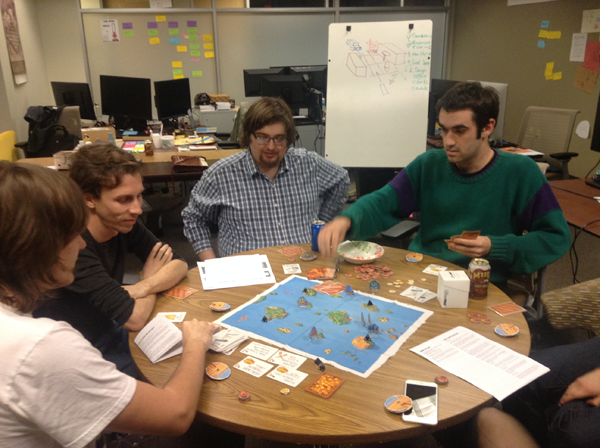
Randomness in games is neither right nor wrong, it's different experiences. Number crunching. Ports re-opening sooner to be pillaged. Tabletop games are so much more about opinions, because the change in the system is often near instant. And when something clashes in an unusual way, you as players can decide how the system should operate. And the best designers are aware of all those decision points.
One reason video games have been stuck in a shitty rut of media and ratings and such is that so many games were literally broken, and we had to develop a vocabulary that included success at the system even working. Tabletops don't have that in the same way. You can vocalize a flaw or fault, and then you can change it. You can play with house rules. Such 'mods' in video games require intention to exist. The creator has to actually design and allow for solutions, and still often has much of the system closed away from the public. So shitty number ratings arose for video games because we wanted to hear on objective qualities as much as subjective. The tabletop space is cool because of the empowerment it gives to you the players as gods in the machines. It demands more of you. And less of me as a designer. My design decisions are so much of me being a player among players, and deciding where I, as a player, want to be.
I'll leave you with one final decision that I've yet to make: When a player dies, they become the Ghost Ship. I tell them to reset their health, that they once again get four health. (This is so they can't just be obnoxious and pester other players with one card attacks. They actually have to fight.)
One game ending condition is that two players die. The first becomes the Ghost, the second ends the game. What if the Ghost dies as the second player to lose all their health? Is that the game end? Frankly, I have no desire to conclude one way or another. It should be totally up to the players if they consider that the end or not. Maybe that player was stupidly aggressive and the other players are happy to finish without them. Maybe sinking the Ghost was a momentous occasion and it feels right to end on that note. It's never happened in all my games, but if Scoundrels gets released, the Ghost will die in a round somewhere and I'm expected to have an answer. But I don't. In a video game I would have to have an answer. In a tabletop game, I can remain ambiguous and wait for the emails and forum posts.
Randy is finishing up Scoundrels, an Ameritrash game about being pirates and shooting and pillaging and boarding and just being as Infamous as possible. You can follow him on Twitter, Facebook, Tumblr.
 Games
Games How to resolve AdBlock issue?
How to resolve AdBlock issue? 